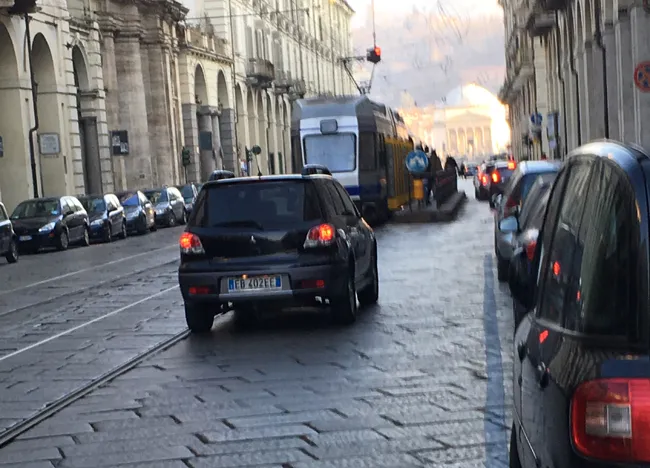Nynas UK AB bitumen specialist is giving University of Derby students taking the Diploma in Road Surface Treatments the opportunity to be awarded the Nynas Bitumen prize for ‘Best Student’ in 2014-15.
The winning diploma student will receive a £250 cash prize and be presented with a certificate by Nynas.
The online, distance-learning course has been developed jointly by the Road Surface Treatments Association (RSTA) and the Institute of Asphalt Technology (IAT).
This is the first university level academi
February 6, 2015
Read time: 2 mins
The winning diploma student will receive a £250 cash prize and be presented with a certificate by Nynas.
The online, distance-learning course has been developed jointly by the Road Surface Treatments Association (RSTA) and the Institute of Asphalt Technology (IAT).
This is the first university level academic qualification for the road surface treatments industry and is delivered by professionals to give students a detailed knowledge of road surfacing in what is a complex area of construction
For more information about the Road Surface Treatments Diploma, click here.
Derby’s Road Surface Treatments Diploma, which was launched in 2014, gives highway engineers the skills they need at a time when demand for better road surfaces and pavements is high. The subject will be covered in a major conference in Paris, the first Pavement Preservation & Recycling Summit, PPRS, from February 22-25.
Road users’ associations will also be present, as well key companies and government organisations involved in designing, building and maintaining road networks, not just in Europe, but globally. They’ll be engaged in discussions surrounding levels of service and financial committments required to address concerns of road quality, environmental impact and mobility issues.
Importantly, attendees will learn how, during these austere times, to put the business case forward to ensure more investment is there when and where it is needed.
“Insufficient maintenance has created a backlog and is affecting service levels,” said Jean-Francois Corte, secretary general of the World Road Association (PIARC), based in Paris.
“What’s needed right now is at least a medium-term vision to embrace the right type of maintenance, a strong strategy. Because there has been insufficient maintenance, road networks are degrading faster. Many highways authorities don’t have this medium- or long-term approach to highway maintenance because they are bound by their government’s annual budgets.”
A recent publication by PIARC, called The Importance of Road Maintenance, is available as a free download on the
To find out more about the three-day








